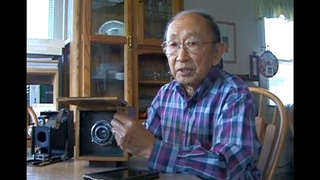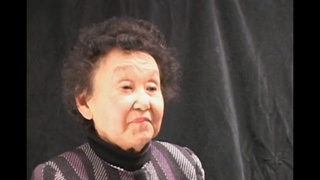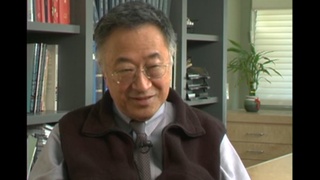Interviews
Grandfather helping administration in camp
My grandfather, being a business man and having some administrative skills, he was tapped by the war relocation center because they were already starting to plan what was gonna happen to all of the incarcerees, where they were gonna get back and how they were gonna get employed and etc etc, so he was the only Japanese American that they brought into their office either in Little Rock or just in the camp. He went in there and was trying to find out ways of placing people, which was obviously a thankless task because nobody was hiring Japanese Americans much less providing housing for them or renting rooms to them. An amazing consequence of this whole experience. He did get some help from the people who were taking care of his business back in Honolulu. He also got a refrigerator, or ice box, from A.P. Giannini during the war.
I*: Sent to the camp?
Sent to the camp.
*"I" indicates an interviewer John Esaki.
Date: April 25, 2018
Location: California, US
Interviewer: John Esaki
Contributed by: Watase Media Arts Center, Japanese American National Museum












